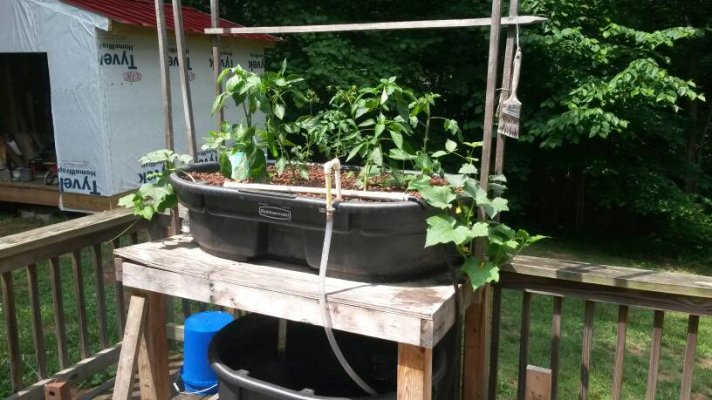Cerise
Aquarium Advice Newbie
- Joined
- Mar 8, 2016
- Messages
- 5
I'd like to open a discussion on the chemical necessity of water changes.
It would take a lot of careful research but as one from an area that experiences major droughts, gallons upon gallons of weekly water changes becomes ecologically straining.
Theoretically, all that needs to happen for tank water to be sustainable would be:
Now, I'm not specially educated in this field and I could be wrong or missing some components of water quality, so what does the community think about this and other possible ways to decrease water changes?
It would take a lot of careful research but as one from an area that experiences major droughts, gallons upon gallons of weekly water changes becomes ecologically straining.
Theoretically, all that needs to happen for tank water to be sustainable would be:
- Frequent addition of depleteable elements in the water column
- Ample bio-filtration to convert ammonia/nitrite into nitrate
- Ample plant filtration to absorb nitrate
Now, I'm not specially educated in this field and I could be wrong or missing some components of water quality, so what does the community think about this and other possible ways to decrease water changes?

